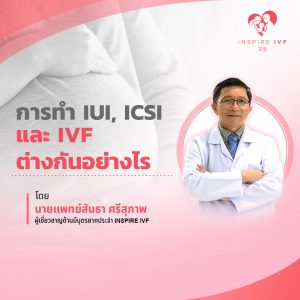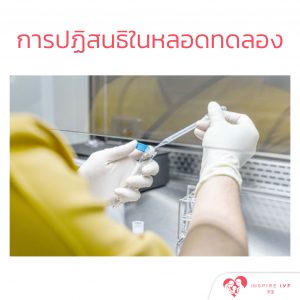Intra Uterine Insemination
Intra Uterine Insemination (IUI) involves placing sperm inside the uterus to facilitate fertilisation. It is less expensive and less invasive treatment than IVF, however results are not as good as for IVF treatment. It requires the preparation of sperm prior to insemination, taking medication and tracking of the female’s cycle. Ultrasounds and blood tests are required. Sperm are placed into the uterus using a fine catheter, which maximizes sperm in the uterus and increases the chance of conception. It is recommended only if the woman has healthy fallopian tubes, and if the man’s semen analysis is normal. It may be useful for women who have cervical mucus hostility and in some cases of unexplained infertility.
Cycle Tracking
Cycle (or Ovulation) tracking, is a simple process that helps to identify the most fertile days of each month. This helps to plan intercourse and hopefully increase the chances of conception. Ovulation is triggered by a surge of hormones from the pituitary gland, known as the Luteinising Hormone. This surge normally takes place 24 hours before ovulation, and simple ultrasound scans combined with blood and urine tests can predict and then detect ovulation. This highlights the best time to try and conceive.
Ovulation Induction
Ovulation Induction is the stimulation of ovaries using medication, which causes ovulation. It encourages eggs to develop in the ovaries and be released, increasing the chance of conception through timed intercourse or artificial insemination. Women that have irregular cycles or anovulation (do not ovulate) may be treated by this method as these women do not regularly develop mature follicles themselves. Monitoring for Ovulation Induction is done using blood tests to check hormone levels and ultrasound to assess follicle growth and the endometrial lining. When our clinician determines that the correct criteria are met, timed intercourse or Intra Uterine Insemination are carried out.
AMH Testing (Ovarian Reserve)
Anti-Mullerian Hormone (AMH) is a hormone secreted by cells in developing egg sacs (follicles). The level of AMH in a woman’s blood is generally a good indicator of her ovarian reserve. Women are born with their lifetime supply of eggs, and these gradually decrease in both quality and quantity with age. For accurate assessment, AMH tests should be combined with an antral follicle count (AFC), which is the number of small follicles within both ovaries. AFC is done using an ultrasound scan. The blood test measures the levels of AMH in a woman’s blood and is helpful in determining whether a woman has premature ovarian aging (diminished ovarian reserve) or premature ovarian failure. Researchers have found that women with higher concentrations of AMH have a better response to ovarian stimulation and are likely to produce more eggs for IVF (in vitro fertilization) than women with low or undetectable AMH. A low AMH indicates there is a problem with the quantity and quality of a woman’s eggs. Women with low AMH tend to be “poor responders” to fertility treatment — even with high doses of fertility drugs. AMH is only one of the tests that assesses ovarian reserve. Others include blood tests for FSH and estradiol levels and a vaginal ultrasound examination of the antral follicles.
Blood Screening
At Inspire IVF we offer all screening tests required to assist with individual diagnosis and treatment. Before commencement of treatment, some blood screening investigations must be performed. These tests cover hormone levels, immunity, genetic testing, infectious disease screening etc. We want to ensure that embryos are as healthy as possible and that our clients are given the highest possible chance of getting pregnant with a healthy baby. Our clinician will discuss with every client what tests are required









